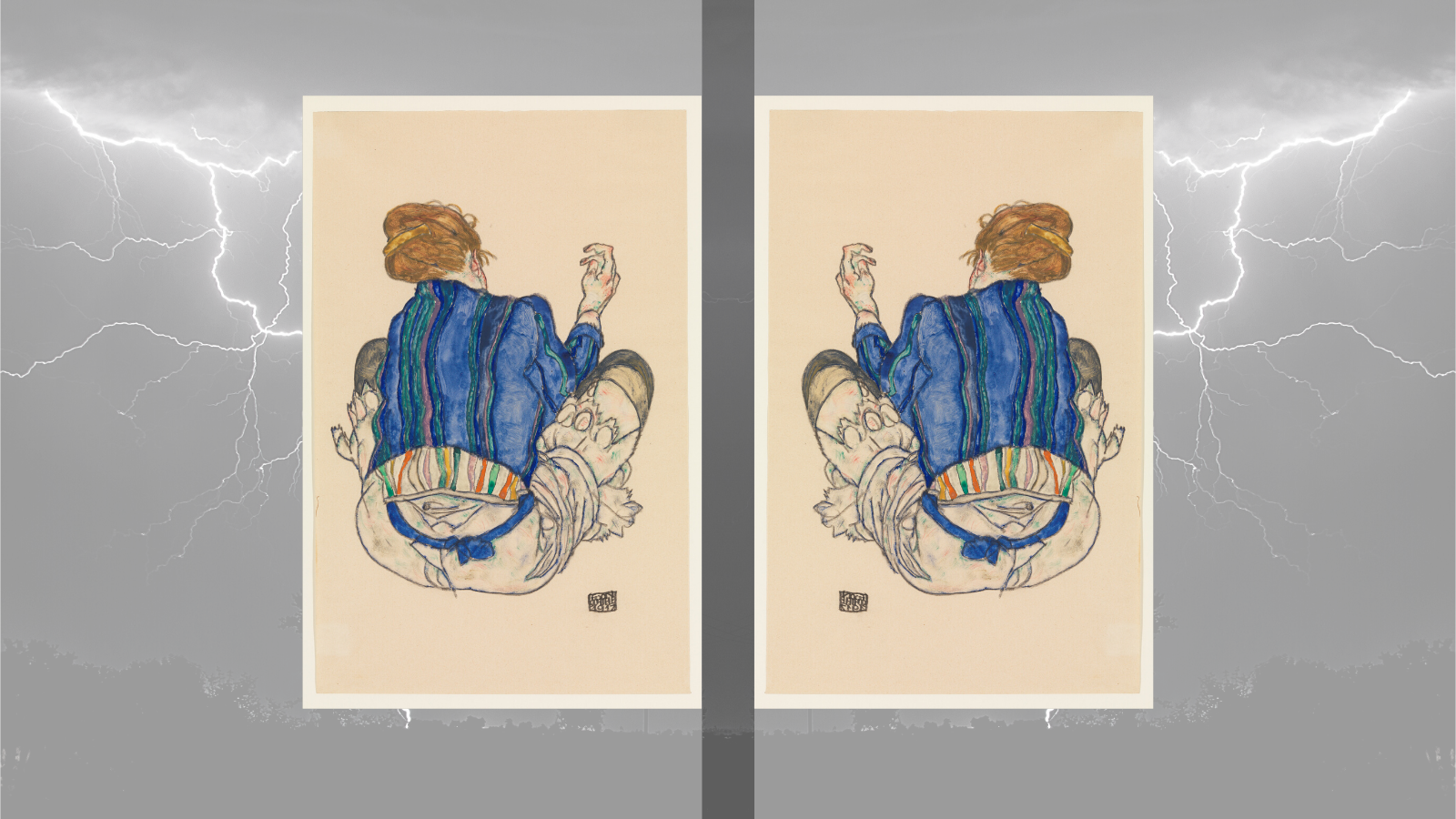
#LIGHTNING STRIKES TWICE FREE#
There is another perk: the service is free for individual users. That will worry the likes of Mastercard, Visa, Western Union, or PayPal. Users do not need to know Bitcoin or understand how it works to enjoy the benefits of the service entirely. By leveraging blockchain tech to conduct everyday transactions by integrating the retail economy through an intuitive fintech app, it offers users a compelling new way to pay. Strike's unique value comes from merging two mega-trends – mobile payments and crypto. By using Bitcoin's immutable blockchain technology, though, Strike can achieve physical and provable finality for its payments at almost zero costs and within seconds.
#LIGHTNING STRIKES TWICE VERIFICATION#
Legacy systems have to rely on a host of intermediaries and lengthy verification processes to achieve a delayed and costly finality via the rubber-stamping approval of banks. Finality refers to when the receiver officially owns the sent funds. Lightning offers another advantage: physical finality. That integration will likely attract more operators to join its ecosystem until it reaches a critical mass over time and becomes adopted as a new global standard for payments. That guarantees interoperability between all on the network. Unlike the closed networks used by legacy payment providers, Lightning is open to everyone. The lightning network is a Layer 2 payment protocol built that processes transactions more efficiently and at less cost than those done through Bitcoin's base layer blockchain. This is all possible through the Lightning Network. The output on either end can be in any currency the user desires (including cryptocurrencies.) In this way, Bitcoin is simply the intermediary that carries the transaction across the network. For example, the sender sends US dollars, and the recipient gets Japanese Yen. In that case, Strike will first convert it into Bitcoin, transfer that amount via the network, then convert it back, so the recipient receives US dollars. They do not need to hold Bitcoin or any other cryptocurrency, though.įor example, suppose a user wants to send $US20 to someone. With Strike, users can send any currency to one another via the Bitcoin Lightning network. If the company succeeds, it will simultaneously revolutionize payment systems and accelerate Bitcoin adoption worldwide. Strike is poised to make Bitcoin-backed payments go mainstream by enabling individuals and businesses to send currency via the decentralized network at incredible speed and nearly zero cost. It also promises to bring online retail onboard via integration with Shopify. (Note: NCR serves Starbucks.) Through the partnership, Strike aims to roll out in-person bitcoin payments at dozens of retailers, including McDonald's, Chipotle, Whole Foods, and Walmart. Mallers announced that payment processors Blackhawk and NCR - which handle about 85% of point-of-sale payments nationwide – have joined the Strike revolution. “If we can help make the Bitcoin network more accessible and usable, we believe we can change the world,” he said while on stage in Miami at the recent Bitcoin 2022 conference. The founder of Strike aims to transform payments for everyday items on a truly planetary scale.

It is an old cliche among crypto nay-sayers that people don't pay for coffee with Bitcoin, but Jack Mallers is about to change all that. He also runs Policy People, a podcast and online content platform for think tank experts.

He is a journalist based in Taiwan who regularly publishes in Al Jazeera, Nikkei Asia Review, Straits Times, and other international outlets. Lightning Strikes Twice was written for Play Louder by Liam Gibson.


 0 kommentar(er)
0 kommentar(er)
